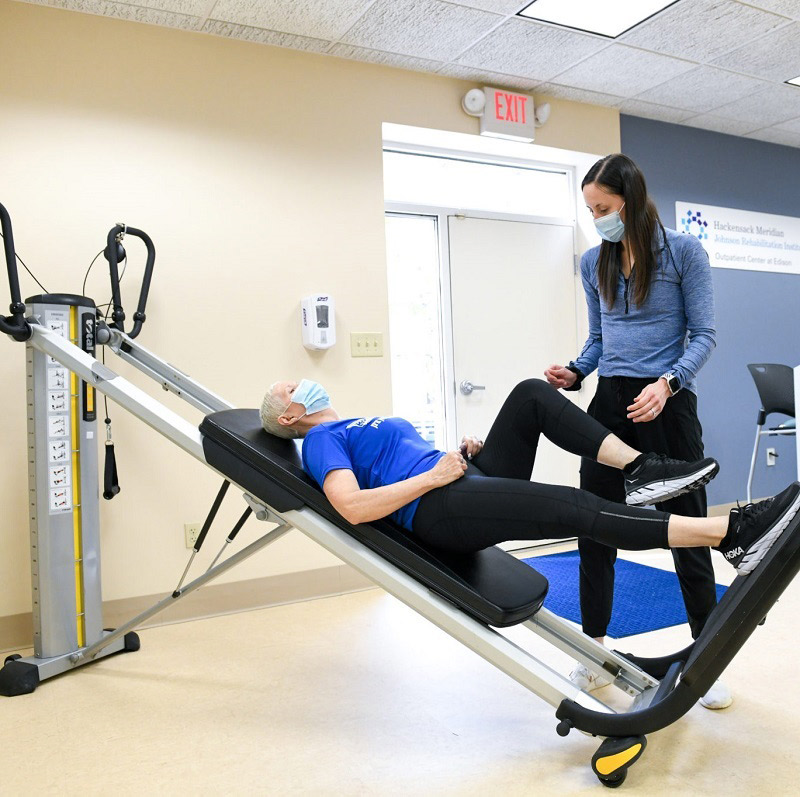The Essential Impact of Resistance Exercise on Improving Rehabilitation and Performance in Athletic Rehabilitation
Wiki Article
Strength conditioning plays a vital part in sports rehabilitation, helping athletes recover from traumas and enhance their overall performance. When an individual gets hurt, their physique needs period to recover. However, during this recovery period, it is essential to preserve strength and mobility to prevent additional injuries. Strength conditioning can be customized to fit the requirements of each athlete, focusing on particular muscle groups that may have been impacted by the trauma. This targeted method not only aids in rehabilitation but also prepares the individual to return to their sport stronger than before.

One of the primary benefits of strength training in rehabilitation is its ability to improve muscle strength and endurance. When muscular tissues are stronger, they can more effectively support joints and minimize the chance of re-injury. For instance, an athlete recovering from a leg injury can benefit from workouts that strengthen the thigh muscles and hamstrings. These muscles play a crucial part in stabilizing the leg joint. By incorporating resistance training into their rehabilitation plan, athletes can recover their strength more efficiently and securely.
In furthermore to building power, strength training also improves flexibility and scope of motion. Many traumas can lead to rigidity in the affected region, making it challenging for athletes to navigate easily. Resistance training workouts often involve extending you could try here and lengthening the muscular tissues, which can help restore mobility. For instance, incorporating weight straps or weights into flexibility routines can improve the efficacy of these exercises. As flexibility enhances, athletes can execute movements more effectively, which is essential for optimal capabilities in their activity.
Another crucial aspect of strength training in athletic recovery is its beneficial impact on mental health. Healing from an trauma can be a difficult and exasperating process for individuals. Participating in resistance training can provide a sense of achievement and enhance self-esteem. As individuals see improvements in their strength and capabilities, they may experience more driven to continue their rehabilitation process. This psychological uplift can be just as important as the physical advantages, as a optimistic mindset can lead to improved results in recovery.
Finally, strength conditioning can assist athletes transition back to their activity more seamlessly. Once they have recovered their strength and flexibility, athletes must to rehearse sport-specific movements to guarantee they are prepared for competition. Strength conditioning can be integrated with sport-specific exercises to create a holistic rehabilitation program. This combination allows athletes to not only recover but also improve their capabilities. By focusing on both recovery and capabilities, resistance training becomes an crucial instrument in the rehabilitation process, assisting athletes return to their activity more robust and more durable.